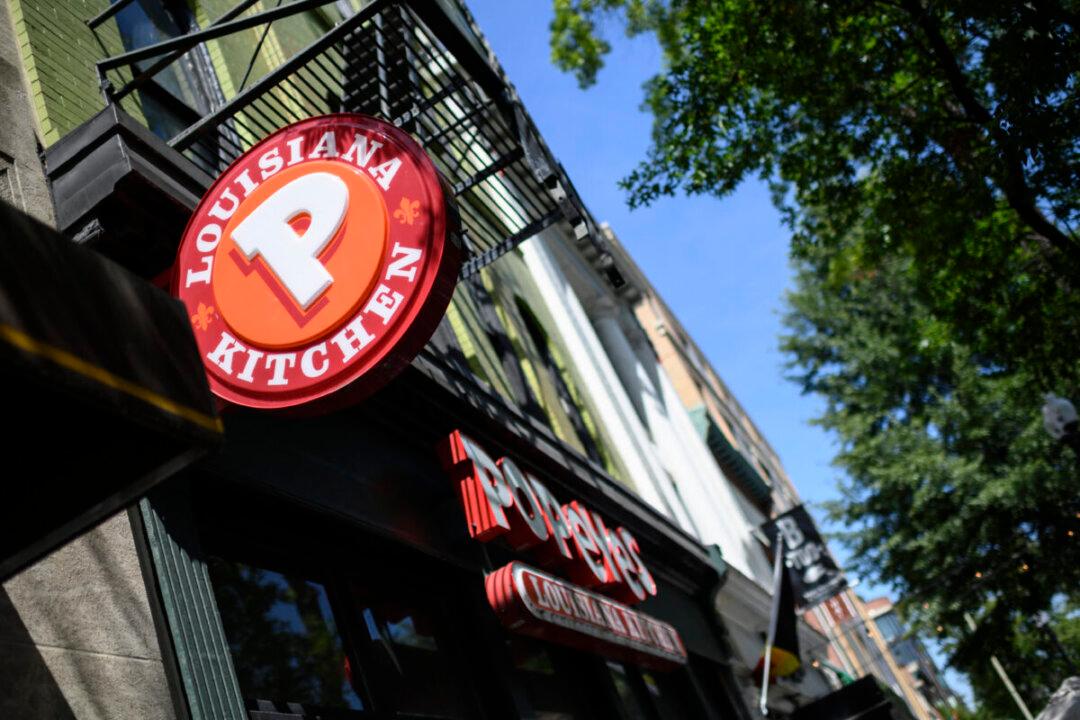“A 200-meter-long queue, 8-hour-wait-time, just for a Popeyes fried chicken,” a Chinese news outlet described the huge fanfare at Popeyes’ flagship store in Shanghai on its opening day. Three years later, the once-sizzling brand has shuttered all its stores in China.
TH International announced in February that it will take over the operation of the fried chicken chain in China. Shares of the corporation, which owns donut and coffee giant Tim Hortons, rose dramatically after the news broke. However, it remains to be seen whether Tims China can breathe new life into the chain, says an expert.





